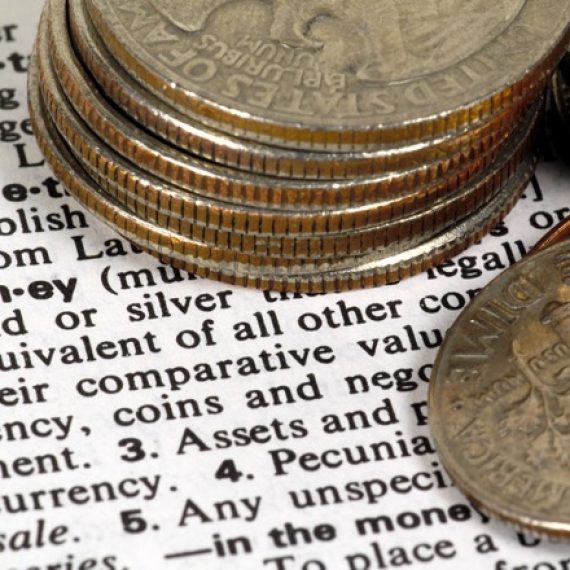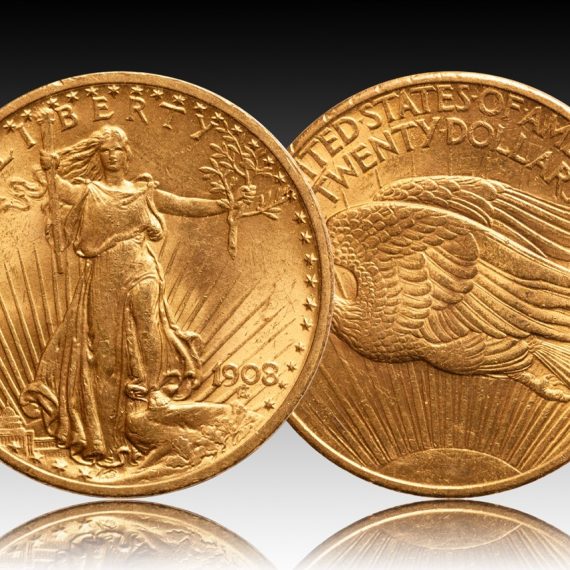February 15, 2010 – As the debt crisis in Greece continued to unfold last week, the US dollar and US government debt instruments were being touted as a “safe haven” alternative to the euro as well as European sovereign debt. These calls were made even though Moody’s sounded the alarm the week before by warning that the US government could lose its triple-A rating if economic growth remains slow.
In the end, reason did prevail. The euro/dollar exchange rate remained little changed on the week, while yields on 10-year Treasury notes rose against the benchmark German bund. Perhaps British historian Niall Ferguson’s memorable quote in last Wednesday’s Financial Times – which precisely captures my view of US government debt instruments – helped change sentiment. “US government debt is a safe haven the way Pearl Harbor was a safe haven in 1941.”
No one can possibly predict what event will shatter the illusion that US government debt is a safe way to protect your wealth. But we should not delude ourselves into thinking that the US government’s financial position is any better than that of Greece. The two countries of course cannot be directly compared because the US dollar is the world’s reserve currency. As a consequence, most US politicians think that the dollar’s unique position gives them unrestricted opportunity to print limitless money, rather than the obligation it actually entails, which is to maintain the dollar as a sound unit of account so that international commerce is not impeded.
So while the relative positions of the US and Greece are obviously different, sane heads, however, will observe that the US and Greek deficit and debt numbers are comparable. Greece is running a budget deficit of 12.7 percent of GDP, not much different than the US, and in one important respect, the US situation is worse. Greek politicians have received a wake-up call and now understand that their country is broke, so austerity and constraints on spending are necessary. This message has not yet reached politicians in Washington, D.C., who continue to spend money as if the party had not ended.
For my specific trading recommendations, see Trading.



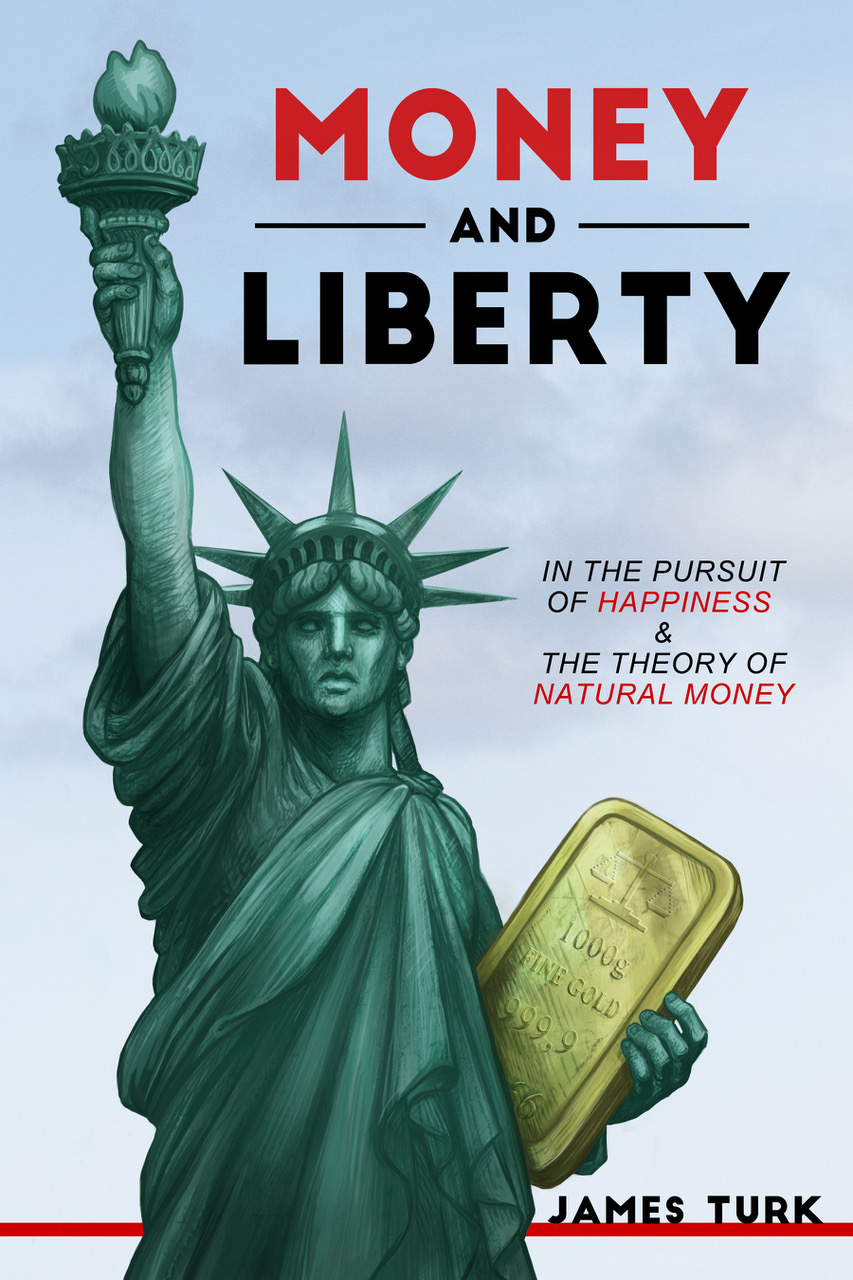
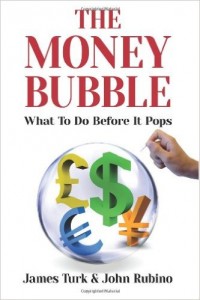
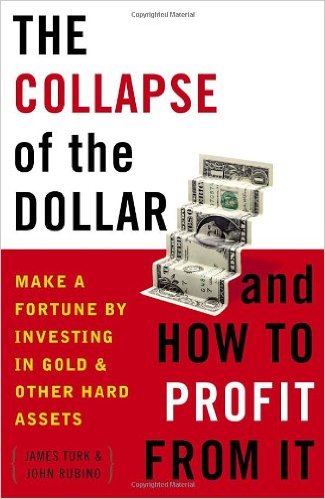
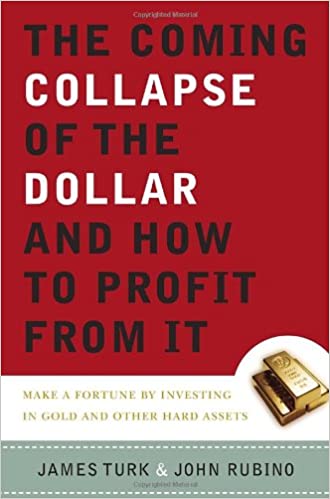
 My objective is to share with you my views on gold, which in recent decades has become one of the world’s most misunderstood asset classes. This low level of knowledge about gold creates a wonderful opportunity and competitive edge to everyone who truly understands gold and money.
My objective is to share with you my views on gold, which in recent decades has become one of the world’s most misunderstood asset classes. This low level of knowledge about gold creates a wonderful opportunity and competitive edge to everyone who truly understands gold and money.